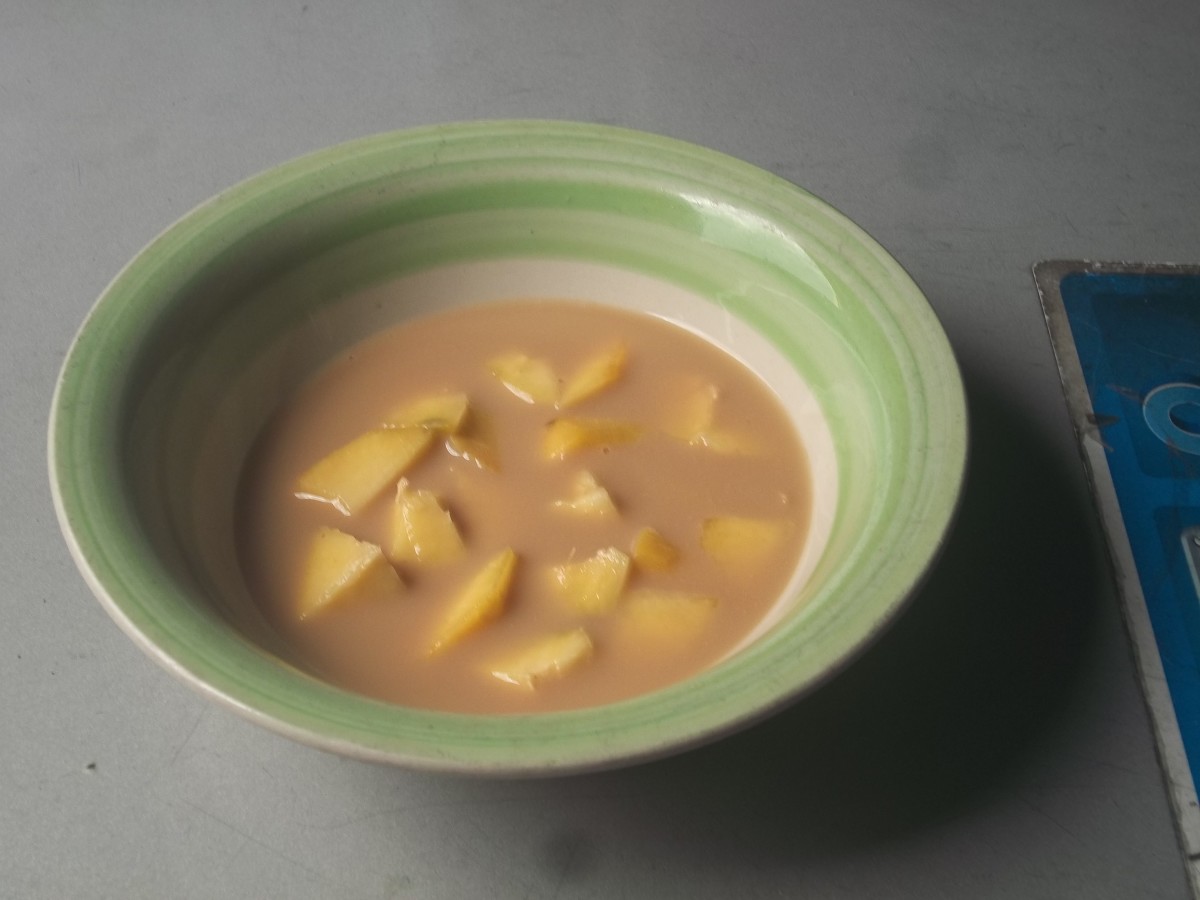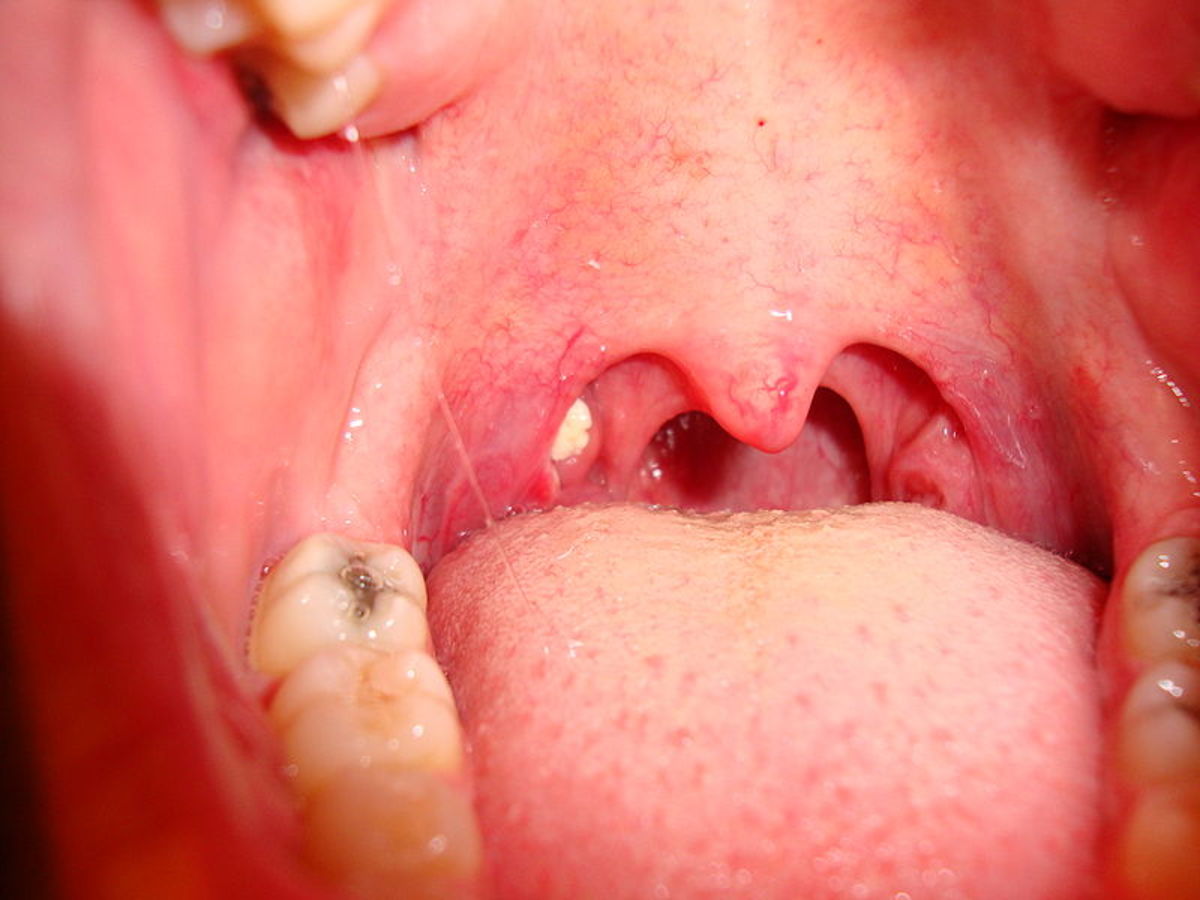Alternative Medicine: Comparison Of Alternative Medicine And Anthroposophical Medicine
Alternative Medicine versus Anthroposophical Medicine
What is the difference between alternative medical and anthroposophical medical philosophies? There is actually not a huge difference between these 2 holistic or 'natural' approaches to medicine and disease.
The main difference that I can see is that while alternative medicine can be applied to many different situations and in many extreme and varied forms, anthroposophical medicine seems to prefer coordinating a ‘team approach’ to the illness of the patient or directed at the disease rather than an individual trying to diagnose and treat said disease or symptom constellation.

In the early 1900’s, Rudolf Steiner began exploring the tenets of anthroposophical medicine and as his ideas grew in popularity, he became famous for his many lectures on treating the ‘whole body’ when it came to patient care. He was joined a short time later by Ita Wegman who helped develop a nursing unit for the practice of anthroposophocial medicine in Switzerland.
The whole philosophy behind alternative medicine and anthroposophical medicine began to emerge in the times of Freud and Jung – practicing clinicians began to try to find a way to connect the body with the spirit in order to fight disease or improve quality of life. Their goal was to apply what they knew of the human body and address other parts of the soul if you will, even the dream state or unconscious state of mind to fight diseases or improve a patient’s chance of recovery.
In alternative medicine, the idea is that the body and spirit need to be working in harmony for the patient to be ‘well’.
In anthroposophical medicine, the belief is that there are 4 different parts that need to be in synch in order for the person to function properly.
- The physical body
- The soul – or called the astral body
- The life body – the yin and the yang – or the chi/prana in other terms – the so-called etheric body
- The spirit.
In anthroposophical medicine, they went so far as to divide the body into 3 major groups and then sought to make those parts of the body also work in synch.
- Sensation group – the head and nerves/spine
- Metabolic and limb group – these control digestive and movement functions
- Rhythmic group – these control the heart and lungs and balances all the other groups
Alternative medicine is defined as any process or treatment that does not fall within the realm of ‘traditional or conventional medicine’. I think that anthroposophic medicine also falls into the same category but again is more of a ‘team approach’ – much like someone who has a rehabilitation stay and you end up with a team of therapists all treating a certain aspect of your recovery.
The proponents of anthroposophical medicine believe that the overall approach of having many therapists or providers treating you at the same time increases the patient’s recovery rate and adds to generalized overall wellness. You can read more about their specialized programs at the Waldorf education site.
Both these types of approaches to medicine believe in the use of many different methods in treating the patient based on the disease and symptoms. They both also act most of the time as an adjunct to conventional medicine and both styles of medicine employ testing, surgery and medicines although they may suggest homeopathic or natural remedies rather than conventional drugs.
It is important to look at alternative medicine or anthroposophical medicine perhaps as an additional tool in fighting disease rather than the only answer. There have been some negative results when a patient simply gives up on traditional treatment of a disease and expects one of these holistic approaches to ‘cure them’. However, no one can argue that someone faced with a terminal disease would grab onto this approach as their only hope. There have in fact been some miraculous advances in terms of treatment for cancer. Not a cure mind you – but at least there are some treatments that are showing promise, such as mistletoe extract.
Anthroposophical medicine basically sees the person with a disease or symptoms as an overall entity that is somehow out of balance. They then apply certain therapies to try and get that patient back into balance. Some of the favored anthroposophical therapies are basically physical therapy principles such as massage therapy, homeopathic remedies to include herbs, and artistic therapies such as eurythmy (a system involved in movement which gets a patient to express their inner spiritual self and thus promote self-healing).
One other major difference between alternative medicine and anthroposophical medicine is that alternative medicine employs therapies in the form of prayer, herbal treatments, meditation and breathing exercises, chiropractics, therapy based on diets of various kinds, relaxation therapies, vitamin therapy, body work or exercise, yoga and visualization type therapies.
While neither alternative medicine or anthroposophic medicine can guarantee curing a chronic illness, these treatments can result in a major cost reduction for health care services and improvement in quality of life by applying these principles. Arguably, these philosophies of medicine do contribute to the overall well-being of the patient.
Not unlike Tibetan medicine, Ayurvedic medicine or Chinese medicine, anthroposophic medicine focuses mainly on the overall spiritual condition of the patient to bring about healing. Some of the areas that have seen vast improvement in patient symptoms by applying this methodology have included arthritis, infections and preventative care.
They have also seen great success in treating cancer patients though not so much curing it as extending patient’s lives and improvement of quality of life. Pediatric treatment has seen good and bad reviews as both of these veins of medicine tend to not believe in giving children vaccinations or vaccinating children later. They have also had studies show success in the treatment of ADHD and developmental problems and on the other end of the spectrum, improvement with diseases related to the effects of aging.
Both philosophies of medicine believe in treating patients as much as possible with natural remedies – that means substances that are made of plants, animals and minerals – and the animal portions usually from organ extracts. The medicines administered are usually in very dilute form – called homeopathic doses.
There is also evidence that even though these treatments may help at the beginning – in either vein of medicine – the patient may, as a part of the healing process, develop other side effects reminiscent of flu such as fever, aches, nausea, weakness, etc. The philosophy is based on the idea that the patient has to take control of his or her body in order to heal it and eventually if making changes in lifestyle or behavior, they will heal themselves.
There is currently no certification program for anthroposophical medicine but anyone practicing must be a certified MD. Most of the hospitals and clinics are located in Europe and other countries around the world, but there are numerous outpatient clinics and a few hospitals in large cities here in the US.
For alternative medicine degrees, there are many physicians who earn a Doctor of Osteopathy (DO) degree and still others who earn a Doctor of Natural Medicine (DNM) degree. In Australia, there is a program where someone can earn a degree in Traditional Chinese Medicine and get a TCM degree.
However, that is not to say that American hospitals are not seeing the need for change or at least incorporation of some of these ideas towards medical treatment. A study done in 2004 revealed that 1 in 4 hospitals offered alternative or complementary therapies like acupuncture, massage and treatment with homeopathic medicines. Slowly but surely, the medical community is adopting theories that many other cultures have embraced for decades.
A great source of information on how alternative medicine works in treating various and sundry diseases and symptoms can be found at The Encyclopedia for Alternative Medicine.
Summing It Up
If you look at the topics for our hubs contest this month, many of the daily topics fall into the alternative medicine, holistic medicine, or anthroposophical sphere. These are all philosophies of medical treatment that are based on using tools other than surgery and conventional techniques or therapies as we know them today in the treatment of disease or symptoms.
Some of these encompass:
- Herbal Remedies
- Home Remedies
- Chinese Medicine
- Energy Healing or Reiki
- Homeopathy or Naturopathy
- Aromatherapy or Color Therapy
- Acupuncture and Acupressure
- Weight Loss and Lifestyle Change
- Healthy Diets and/or Vegetarianism – Learning to Cook Healthy
- Fitness/Exercise
- Children’s Diets
- Vitamins and Supplements, Antioxidants and Minerals
- Avoiding Food Additives and Food Allergies
By embracing all concepts of well-being and taking better care of ourselves, I think that is perhaps the best way to stay healthy and live longer. By taking care of our spiritual side as well, we encourage long life and happiness.
- The Miracle of Earthworm for Alternative Medicine
When we talk about this animal it look disgusting especially among woman. But this animal give us many benefit to human. Earthworms also help the farmer in rejuvenate the soil. I also give this to my student... - Autism on the Rise! Use Alternative Medicine Approac...
Conventional medicine claims there is no known cure, however, many parents and children know otherwise. Alternative medicine and other natural cures are available for autistic children. - Emphysema, COPD, Arthritis - Alternative Medicine Wo...
My name is Al. I have studied Alternative Medicine and Natural Remedies for over 20 years. I, my family (5 kids), and many others I know have experienced amazing results. My father-in-law, Jim, is the man who... - memory loss treatment natural alternative medicine
Memory loss can be caused by dementia which is a decline in mental functioning in which memory, thinking, judgement and the ability to concentrate are impaired. There has also been cases of a change in... - Dog Cancer Guide - Signs, Treatment, Alternative Med...
No matter how old your dog is, it can be the hardest news to hear your veterinarian say, - Alternative medicine options for dogs
Just as humans, dogs tend to suffer the consequences of the traditional approach of modern medicine. While modern medicine may be a panacea most times, there are those all too common instances where modern... - Alternative Medicine For High Blood Pressure
Over 70 million people suffer from high blood pressure so it is not surprising that many of them are seeking alternative medicine for high blood pressure. The list of high blood pressure medications is huge... - Alternative Medicines for Insomnia
Alternative medicines for insomnia are based on natural and holistic approaches for risk and side effects free cure of sleep disorder. Alternative medicines for insomnia include acupressure, acupuncture, aromatherapy, behavior therapy, body mind tech - Alternative Medicine versus Western Medicine | Findi...
Thoughts on the view of Western Medicine as a military approach to wellness versus Alternative Medicine as a peaceful settlement. Each has its role and place. - Some Reasons People Chose Alternative Medicine Over ...
The question asked is why people would chose Alternative Medicine. I am guessing this is specifically saying,









